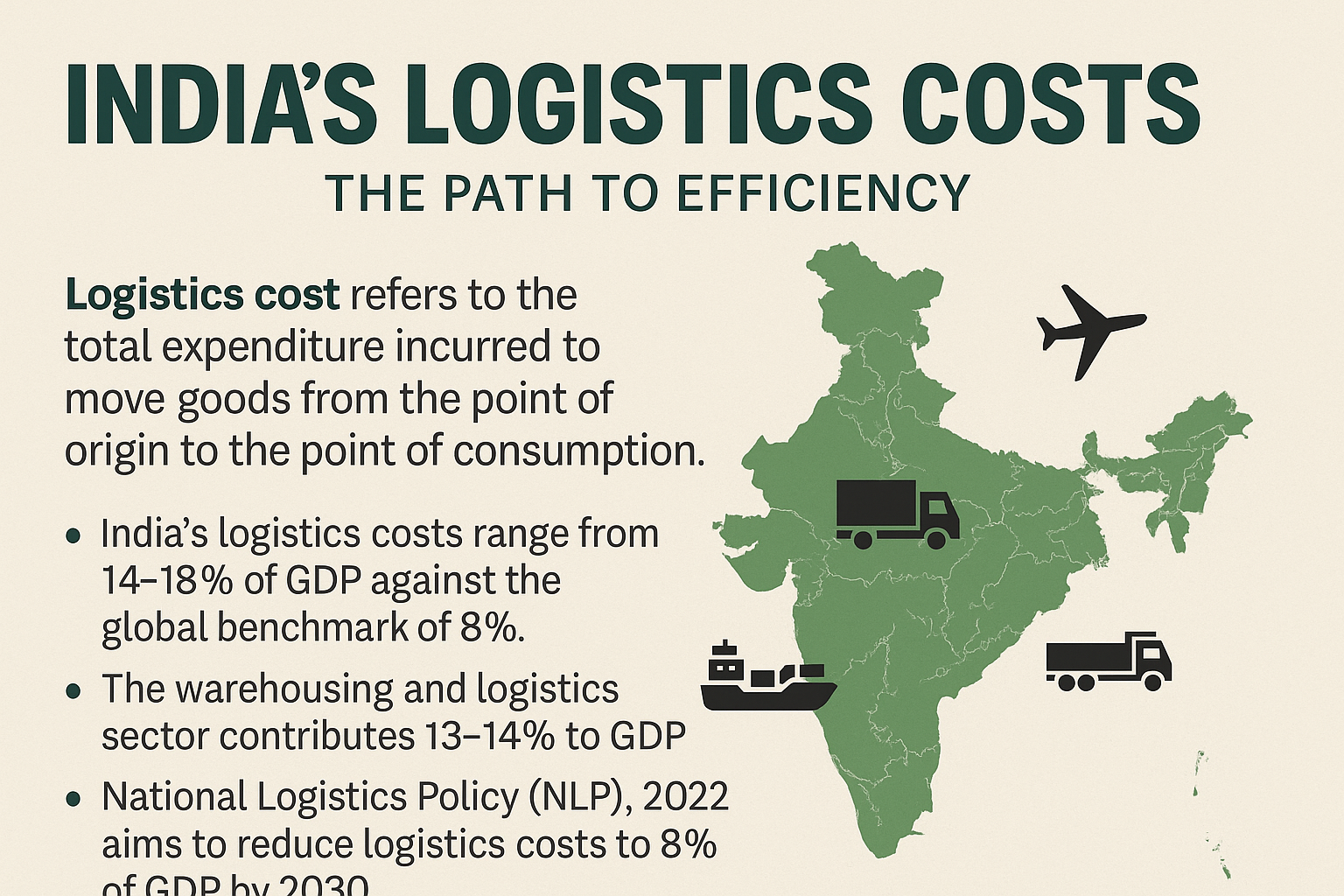056.
Environment
India’s Advisory on Safe Sewage Sludge Reuse and Management
💧 Rising Wastewater Challenges
- Urban India produces 72,368 million litres of wastewater daily.
- Rural India adds another 39,604 million litres daily.
- Only 28% of this wastewater is treated.
- Around 120,000 tonnes of faecal sludge is generated daily.
⚠️ Why Safe Sludge Management Matters
- Sludge contains pathogens, heavy metals, and organic pollutants.
- Yet, it also holds nitrogen, phosphorus, and other plant nutrients.
- With proper treatment, sludge can be reused as fertiliser or soil conditioner in agriculture.
📘 Ministry’s Advisory: What’s Inside?
The Ministry of Housing and Urban Affairs (MoHUA) has issued a 9-chapter advisory to:
- Dry and dewater sludge using solar and mechanical methods.
- Eliminate pathogenic microorganisms through effective treatment.
- Operate and maintain solar greenhouse dryers.
- Ensure bio-solids meet reuse standards safely.
⚖️ Regulatory Standards & Directives
- The advisory aligns with Sewage Sludge Directive standards.
- Farmers must sample and analyse sludge before use.
- Limits are set on heavy metal content in soil and sludge.
- Record-keeping of sludge reuse is mandatory.
🔧 Challenges in Implementation
- Low reuse rates of treated sludge.
- Need for technical training and local awareness.
- Infrastructure gaps and weak enforcement of standards.
🌿 Future Pathways
- Encourage public-private partnerships for sludge treatment.
- Promote community involvement and educational campaigns.
- Invest in low-cost, sustainable technologies.
- Integrate sludge reuse into urban agriculture and circular economy models.















